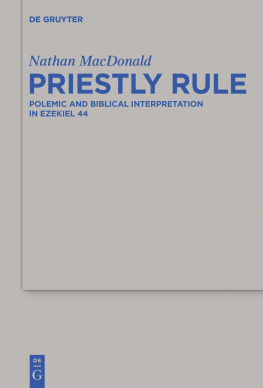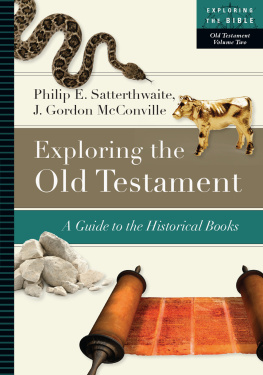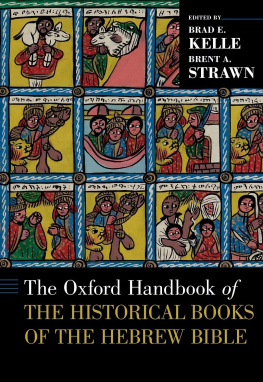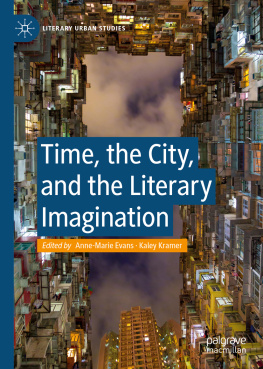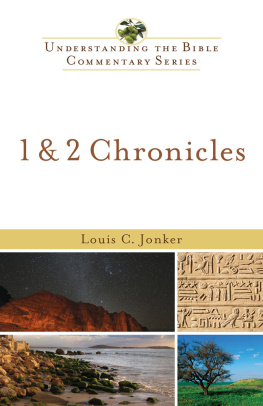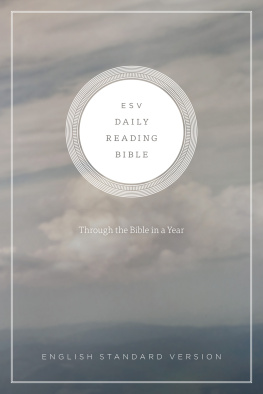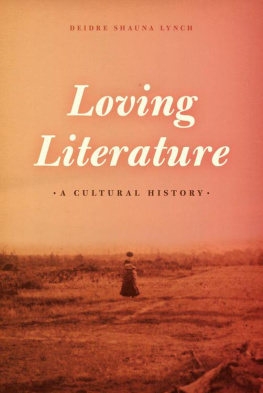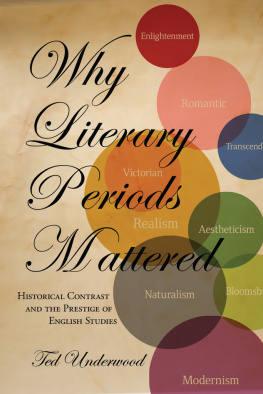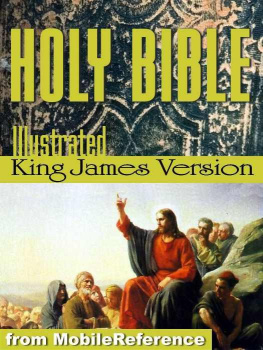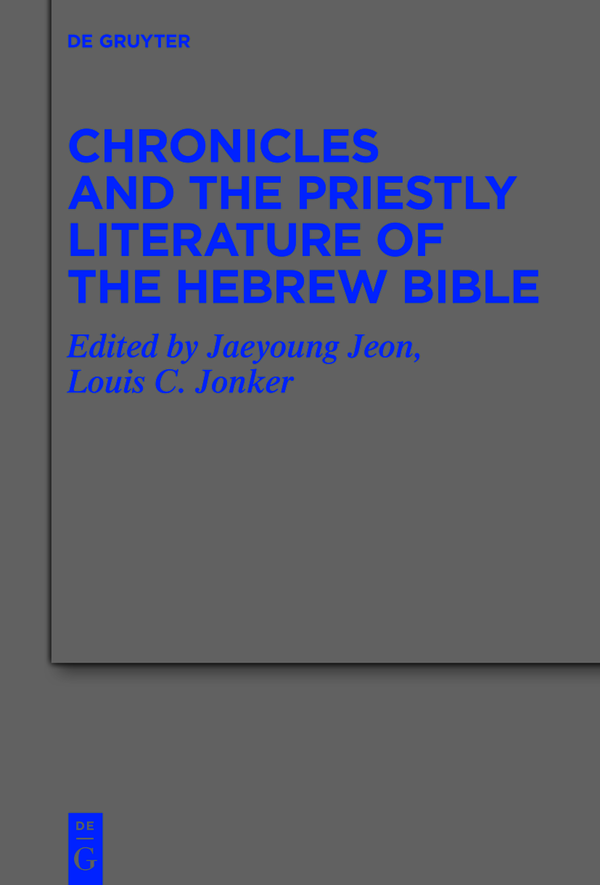Reinhard G. Kratz
The Deutsche Nationalbibliothek lists this publication in the Deutsche Nationalbibliografie; detailed bibliographic data are available on the Internet at http://dnb.dnb.de.
2021 Jaeyoung Jeon, Louis C. Jonker, published by Walter de Gruyter GmbH, Berlin/Boston // The book is published with open access at www.degruyter.com.
This work is licensed under the Creative Commons Attribution 4.0 International License.
I
The biblical traditions of the Yahwistic cult, especially concerning temples, sanctuaries, ritual, and cultic personnel, are among the major cornerstones for reconstructing the literary history of the Hebrew Bible and the history of Israelite religion. While most of the biblical texts are somehow related to those issues, three texts (or text groups) deal with them extensively: the Priestly text within the Pentateuch (P), Ezekiel 40-48, and Chronicles. These three texts address these issues from three different cultic centers of different periods. P establishes the cultic institutions and regulations for the wilderness sanctuary - the Tent of Meeting (Tabernacle) - in the formative period of biblical Israel. The fundamental regulations of sacrificial rituals, priesthood, and other clerical duties center around this mobile tent-sanctuary. The high priest Aaron and his sons are the central figures in this cultic system and their exclusive prerogatives are secured across the various literary layers of P. The major cultic site of Chronicles is the Solomonic temple of Jerusalem during the monarchic period. Chronicles extensively describes the establishment of the temple cult by King David, depicting his reign as another, or even the, formative period for Israels cult. Davids temple cult both recognizes and implements the P regulations while also modifying the old system and inventing a new system of cult. Though the priestly prerogatives are not denied, they are much less present, and a considerable emphasis is laid on the roles of the Levites. The third text, Ezekiel 40-48, projects a new cultic program to an envisioned future temple. The new temple and its structure and system are the center of an imaginary reorganization of the entire land of Israel under hierarchical clerical and tribal systems. The vision of the new temple exhibits a close affinity to P in its language and hierarchical concepts of holiness and clergy. In this vision, however, neither a high priest nor the Aaronite priests are mentioned, but the Zadokite priests are introduced as the privileged party in contrast to the rest of the Levites.
The three texts not only share similar subject matter; recent studies indicate that they were composed or reworked in an overlapping time period of the mid-/late Persian period, most likely in Yehud, and Jerusalem in particular. The earliest Priestly Source (PG) in the Pentateuch has recently been thought to extend only to the Sinai pericope, so that the texts previously regarded as Priestly in (Leviticus-) Numbers are assigned to later generations of priestly scribes during the mid-/late Persian period. For Chronicles, the majority of scholars assume the mid-/late Persian period or late Persian and early Greek period. If we were to attempt a dating of the three biblical texts, it could be reasonably conjectured that the texts were composed temporally close to each other, or even simultaneously: for some sections, during the mid-/late Persian period. Since we may posit the existence of several scribal circles rather than a great number of literate elites in Yehud in this period, these scribes were probably well acquainted with important religious texts and traditions from other circles or families. The priestly authors and redactors especially of the late strata of P, the tradents of the Ezekiel school, and the Chronicler were likely among this relatively small number of literate elites. Living and working in temporal and spatial proximity to one another, they would have been familiar with each others literary works, which were becoming and/or had already become common religious and intellectual assets of the community. Consequently, when these scribal groups wrote on similar subject matters from different perspectives, they were likely engaged in a dialogical relationship - either unidirectional or multidirectional, consciously or unconsciously reflecting and responding to the others voices. Research on the possible interactions between them would therefore provide us not only with insights on their literary history but also with clues for reconstructing the socio-historical circumstances around them.
Nonetheless, while the literary relationship between P and Ezekiel has been much discussed, the possible interactions between Chronicles and these priestly literary works in a broader sense have thus far not received appropriate scholarly attention. The studies of the Pentateuch, Ezekiel, and Chronicles have been conducted rather separately to one degree or another; particularly, the priestly literature (P and Ezekiel) and Chronicles have been regarded as though they are from different fields of study. Comparative approaches for Chronicles have mainly focused on Samuel and Kings or the Deuteronomistic History.
The cultic regulations often diverge from the P laws in the Pentateuch. It is rather King David who stipulates new rules for the temple; these rules and regulations are held in even higher regard. Furthermore, the exclusive priestly prerogatives guaranteed in P are not always obvious in Chronicles and are often diminished in favor of the kings, people, and, especially, the Levites. Such ambivalence toward the Mosaic law and institutions provides us with diverse interpretive possibilities concerning their literary relationship. For instance, one may argue that Chronicles stands in accord with the P cultic regulations, harmoniously complementing the latter for the new post-Mosaic sanctuary. This position is taken by Reinhard Achenbach and Hans-Peter Mathys in this volume. One may, however, also weight the dissonance more heavily, as do Kristin Weingart, Christophe Nihan, and Esias Meyers and as Deirdre Fulton does for Ezra-Nehemiah. There is also the important question of the direction of literary influences: Was there only unidirectional influence from the priestly literature to Chronicles? Or did the influence move in both directions? The contributions by Graeme Auld and Louis Jonker take the latter position, while some others explicitly advocate for the former option.
Part II of this volume deals with other sets of questions. Since Gerhard von Rad shifted the scholarly approaches to Chronicles from any historical reliability to the Chroniclers own interpretation of history and Tendenz, the book has been perceived as a heavily ideological and theological scribal work. cific character of Chronicles enables interpreting the issue of literary consonance and dissonance at levels of ideology and theology as well as the socio-historical context in which they originated. For example, the priestly scribal works promote a worldview centered on the sanctuary-temple, and especially the late layers of P advance a theocratic ideology for priestly rule over the community. Chronicles is also marked by its temple-centered view of history, yet the book does not appear to be in complete agreement with priestly ideology. How, then, should one evaluate the similarities and differences? Should the two (or three, including Ezekiel) ideologies be understood as harmonious and complementary with each other? Or, could one consider the two (or three) as conflicting positions? The contributions of Lester L. Grabbe, Benjamin Giffone, Thomas Willi, and Lars Maskow take the former position, while Joachim Schaper, Jrg Hutzli, and Christine Mitchell are more sympathetic to the latter.



